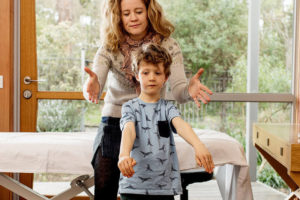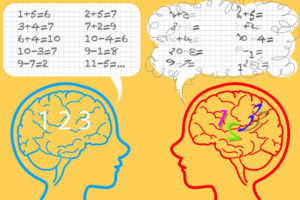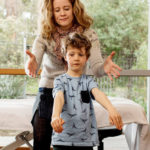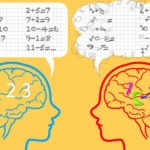School Readiness
Integrated Movement Therapy
School Readiness
Integrated Movement Therapy
Welcome to Grounded Love Therapy
Educational Therapy, School Readiness, Integrated Movement Therapy
“Take the leap and the net will appear”
If you are reading this, the chances are that you have a child who is struggling at school. Maybe he or she is finding it difficult to master skills such as Reading, Writing, Maths or Spelling. Maybe he or she can do all these things but comes home with reports about unfinished work, or work left at home.
The teacher complains about them being disorganised, untidy or even aggressive towards other
children. Or maybe being described as being unfocused and a daydreamer who never seems to listen.
And maybe you agree with the teacher because you see the same behaviour at home. A learning disability can severely impact a child’s education.
Children with learning difficulties are intelligent, however, sometimes they struggle in specific areas such as cognitive skills and executive functions.
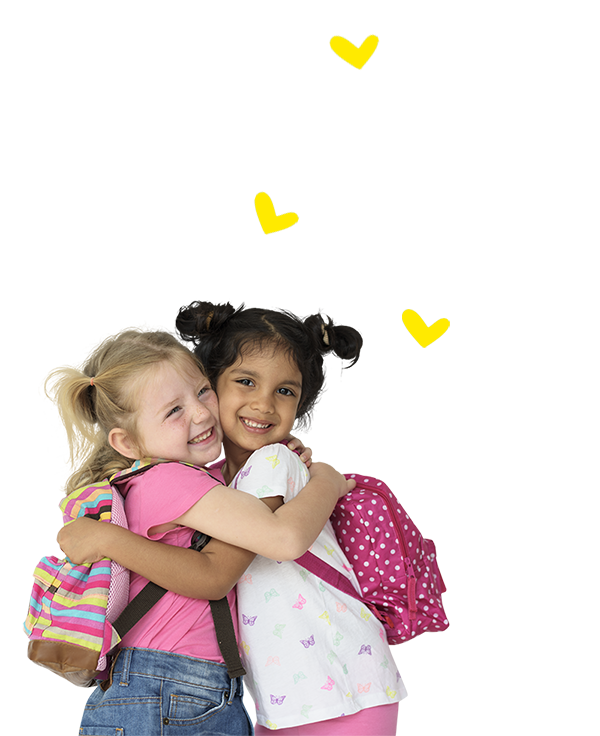
What do we offer at Grounded Love Therapy
Educational Therapy : Movement Therapy : Reading Therapy : Play Therapy : Academic Testing : School Readiness Assessment
Academic assessment of children in English and Afrikaans
(age 5 – 18)
The assessment includes:
Screening for possible underlying perceptual, sensory, developmental, scholastic or emotional difficulties, as well as reflex integration.
Physical, sensory and motor development assessment.
Cognitive development assessment (which includes perceptual, language and numerical development,
reasoning ability and memory).
Emotional and social. development assessment.
Written report of observation and testing.
Educational Therapy
(age 5 - 18)
This therapy includes:
Working with your child wholistically depending on the need of your child’s difficulty.
This is either one or two 40 min sessions a week.
During these sessions we work on brain integration, language development, mathematical development.
Feedback to parents after each session.
Reading therapy (age 5 – 18)
This therapy includes:
Sound and letter recognition
Phoneme manipulation
Phonic awareness
Reading
Blending and Decoding of sounds
Comprehension
Letter formation
Fine motor skills needed for handwriting
Working memory and Attention
School Readiness (Grade 0)
This assessment includes:
Screening and testing whether your child is ready for Grade 1 and the formal school environment.
Physical, sensory and motor development assessment.
Cognitive development assessment (which includes perceptual, language and numerical development,
reasoning ability and memory).
Emotional and social development assessment.
Written report of observation and testing.
Reading and Spelling age
This assessment includes:
Screening and testing of a child’s reading and spelling age and whether it is above or below grade level.
Written report of observation and testing.
Play therapy, ages 4 – 18
Working through scholastic or emotional difficulties, especially in children with anxiety and low self-esteem.
Teaching children how to cope with their emotions and the extreme pressures that school and society puts on them. Giving them the tools to cope with their anxiety, to know they ARE brave and they CAN get through this.
As Well as Parent Guidance
What is Sensory Processing Disorder...
What is this thing called sensory processing disorder? Many of us do not have a clue how very real this is. We often judge parents and their children for ‘acting out’ or having ‘meltdowns’, yet we have NO idea the struggles of their daily life.
So what is SPD? Children (and adults) have difficulty processing information through their senses. They struggle to respond appropriately to that information. Having SPD means that one is overly sensitive (or not at all) to external stimuli – way more than other people.
There are many signs but these are some of the most common:
- Clothing that is too itcy or too scratchy
- Lights that are too bright and sounds that are too loud
- Soft touches that feel extremely hard
- Poor balance or clumsiness
- Gagging when trying new food
- Looking for stimuli (swinging too high and jumping off everything)
- Behaviour problems
- Meltdowns
- Acting out
Latest News & Articles
Reflexes and learning at school…
Parents often ask me the importance of reflexes and the...
Read MoreDyslexia – The short version of what you need to
know
The following passage is about dyslexia. You have one minute...
Read MoreWhy is it important to do cursive writing at school?
I hated teaching cursive writing and as a teacher it...
Read More
